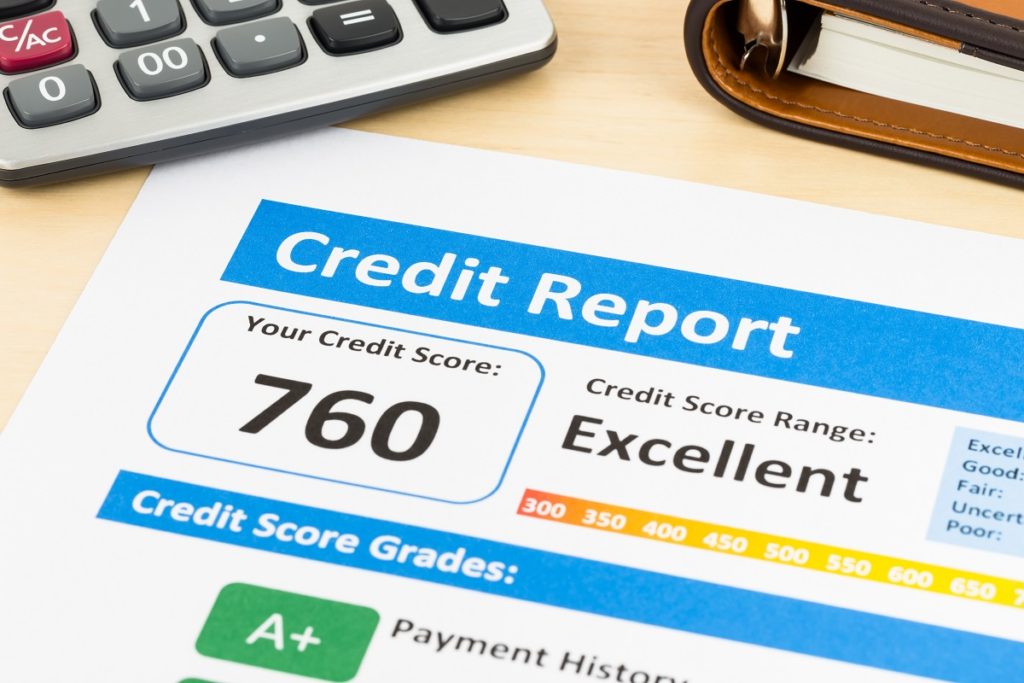Aside from your unique entity number (UEN), your credit score is also a significant financial number. It affects everything. Hiring managers, property consultants, car dealerships, and even property owners look at your credit score or history. If you failed to make payments on time, it could affect your credit score. Also, negative marks on your credit history can stay up to seven years.
Getting back your high credit score takes time, and there are no shortcuts. However, there are some ways to get back on the financial track. Here’s how to change your low credit score:
Request a copy of your credit history
Ask for a copy of your credit history. Examine the report and check it for possible errors. It might contain errors such as incorrectly listed late payments, billing addresses, or misspelled names. Call the attention of the credit-reporting agency and ask them to correct these errors. You can also request them to provide you with a copy of the correspondence they forwarded to the credit bureau. Filing a dispute with the credit bureau is also recommended.
This is especially important for entrepreneurs who need an SME loan. Singapore, for example, has strict borrowing rules. They require business owners to present a credit report, certified by the CBS before their loans are processed. People with low credit scores are at risk of being denied a loan.
Determine the cause of your poor credit score
Carefully review your credit history and figure out why you received a poor rating. From accumulated debts, missed payments, property foreclosure, and unpaid annual credit card fees are presented on your credit history. It’s an eye-opener as we sometimes take our total debts for granted. Determine the cause of your negative credit history and find a solution for it. If you’re spending too much, reassess your finances and start paying off your debts.
Pay all your bills on time to help build your credit history

The best way to start building your credit history is paying all your bills on time. Create a schedule when paying bills and include reminders before the due dates. On-time payments will help you rebuild your credit history. Also, it will teach you to be more responsible with your finances.
Some people turn to ah long for a “quick and easy” loan to settle their debts. It’s not recommended, as this might lead to financial and personal ruin.
Build an emergency fund and manage your existing credit
Building an emergency fund means saving money in your bank account. This will help you minimize your credit card use until you settle all your debts. Managing your existing credit is also essential to improving your credit history. Start by not closing active credit cards. It will not help increase your credit score. In tough financial times, pay the minimum amount required by the creditor. Avoid making cash advances, as this might be interpreted as a business problem.
Improving your credit score seems complicated, but it is possible. Follow these simple suggestions to build your credit score. Patience and time are your essential allies. Utilize them well.

